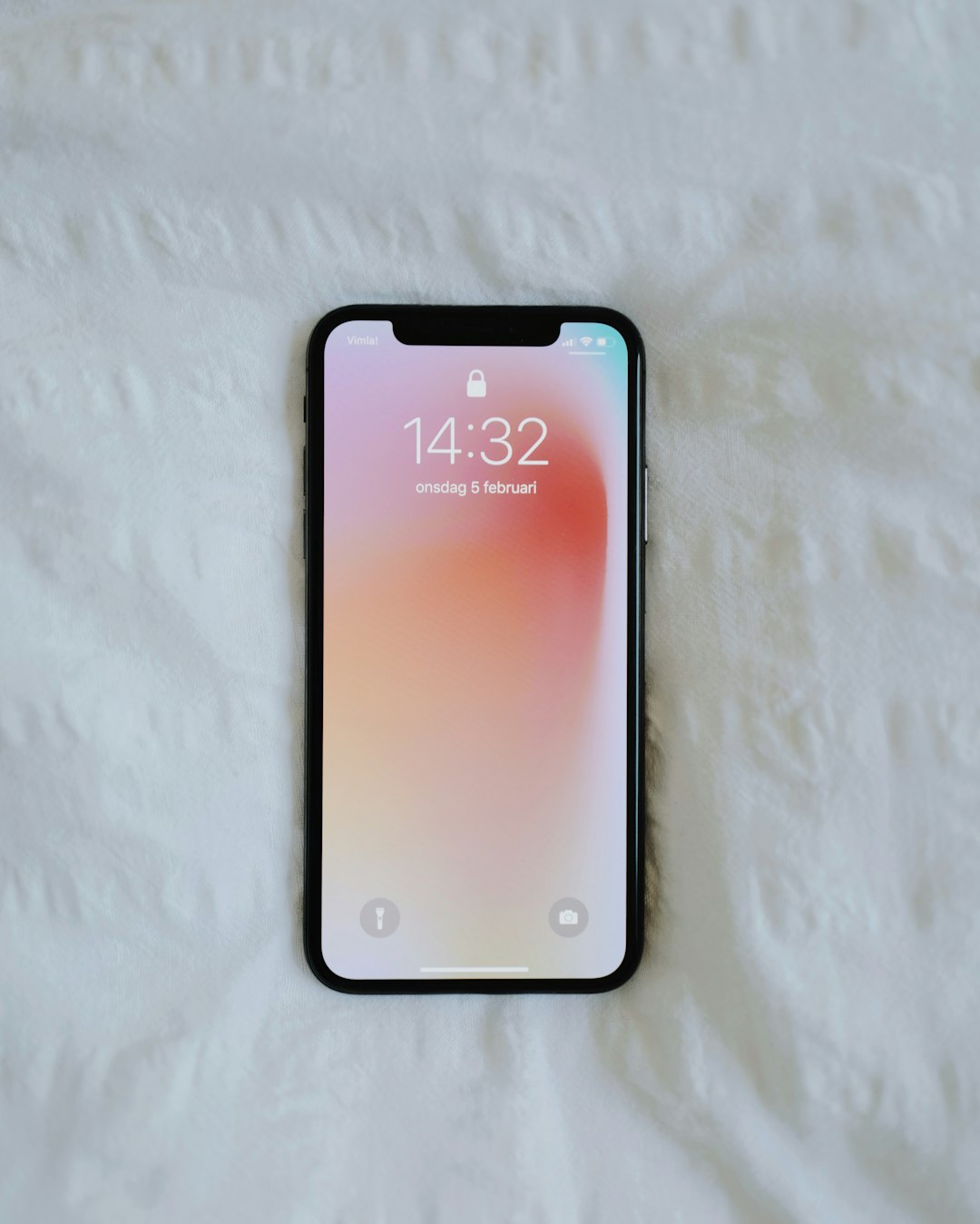In Illinois, residents benefit from robust Spam Call laws protecting them from unwanted phone communications. Mobile apps like Hiya, TrueCall, and NoMo offer powerful tools for blocking robocalls, leveraging crowd-sourced data, number recognition, and privacy controls. These apps empower users to comply with state regulations by filtering calls, rejecting automatics, and recognizing patterns while providing customizable settings for balancing protection and legitimate communications. Despite potential compatibility issues, subscription fees, and UI variations, these top-rated apps foster a collaborative community against nuisance calls under Illinois' stringent Spam Call law.
Illinois residents now have more control over their phone lines thanks to stringent state laws targeting spam calls. Understanding your rights under these regulations is essential, as it empowers you to take proactive measures against intrusive robocalls. This article explores the best robocall blocking apps tailored for Illinois cell phones. We’ll break down how these applications work to protect you from unwanted calls, while also offering a detailed review of leading options, their pros, cons, and unique features, helping you choose the ideal defense against spam call law firms preying on Illinois residents.
Understanding Illinois' Spam Call Laws and Your Rights

In Illinois, the fight against spam calls is not just a user’s concern but also a legal one. The state has implemented robust Spam Call laws to protect residents from unwanted and fraudulent phone communications. These laws are designed to empower individuals and ensure that their cell phones remain a safe space, free from relentless marketing or scam attempts.
If you’re a resident of Illinois, you have the right to refuse and block spam calls. A reputable Spam Call law firm in Illinois can guide you through these rights and help you understand the legal framework surrounding such calls. By using robocall blocking apps, you’re not only protecting yourself from potential scams but also contributing to a more secure communications environment for everyone.
Top Robocall Blocking Apps for Illinois Cell Phones

In Illinois, where a strict Spam Call law is in place to protect residents from unwanted robocalls, several reliable apps have emerged as powerful tools. These applications leverage advanced technology to identify and block automated calls, providing much-needed relief for Illinois cell phone users. Among the top choices are apps like Hiya, TrueCall, and NoMo.
Hiya, a popular choice, uses crowd-sourced data to detect spam calls and even provides detailed information about the callers. TrueCall offers a comprehensive solution by not only blocking but also identifying unknown numbers. NoMo, on the other hand, focuses on privacy and security, allowing users to control their call permissions. Each of these apps has earned its reputation for effectiveness in combating robocalls, ensuring Illinois residents enjoy a quieter, more peaceful communication experience.
How These Apps Work to Protect You from Unwanted Calls

These robocall blocking apps utilize advanced technology to safeguard your Illinois cell phone from unwanted and spam calls, keeping you compliant with the state’s strict Spam Call law firm regulations. They employ a combination of techniques, including caller ID filtering, automated call rejection, and intelligent pattern recognition algorithms. By analyzing millions of call data points, these apps can identify and block known spam callers and their increasingly sophisticated tactics.
Moreover, many apps offer customizable settings that allow users to adjust the sensitivity of their blocking filters based on personal preferences. This ensures a balance between protecting against intrusive calls and allowing legitimate communications from friends, family, or important businesses.
Comprehensive Review: Pros, Cons, and Features of Leading Apps

When it comes to tackling spam robocalls, top-rated apps in Illinois offer a robust solution, leveraging advanced technologies and user feedback to adapt to evolving scamming tactics. These applications not only block unwanted calls but also provide insights into call patterns, enhancing user privacy and safety under the state’s stringent Spam Call law firm regulations.
Comprehensive reviews of leading apps reveal both advantages and drawbacks. Pros include real-time call filtering, customizable blocking lists, and low false positive rates. Cons may include compatibility issues with certain networks or devices, periodic subscription fees, and varying levels of user interface intuitiveness. Key features commonly found in these apps encompass call logging, identification of spammer numbers, automated call screening, and the ability to report nuisance calls directly from the app, fostering a collaborative community against robocalls.






